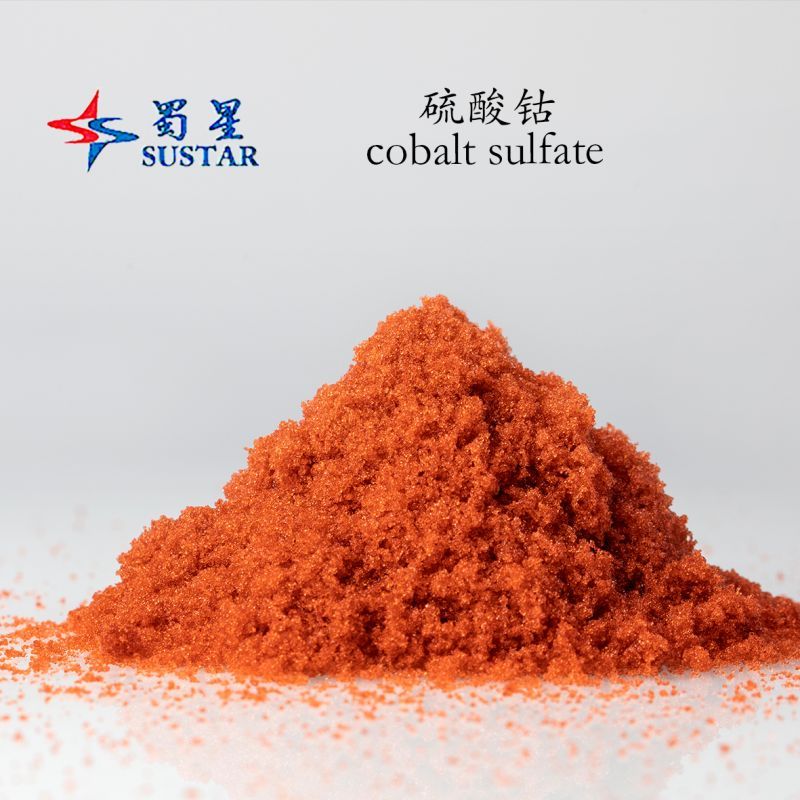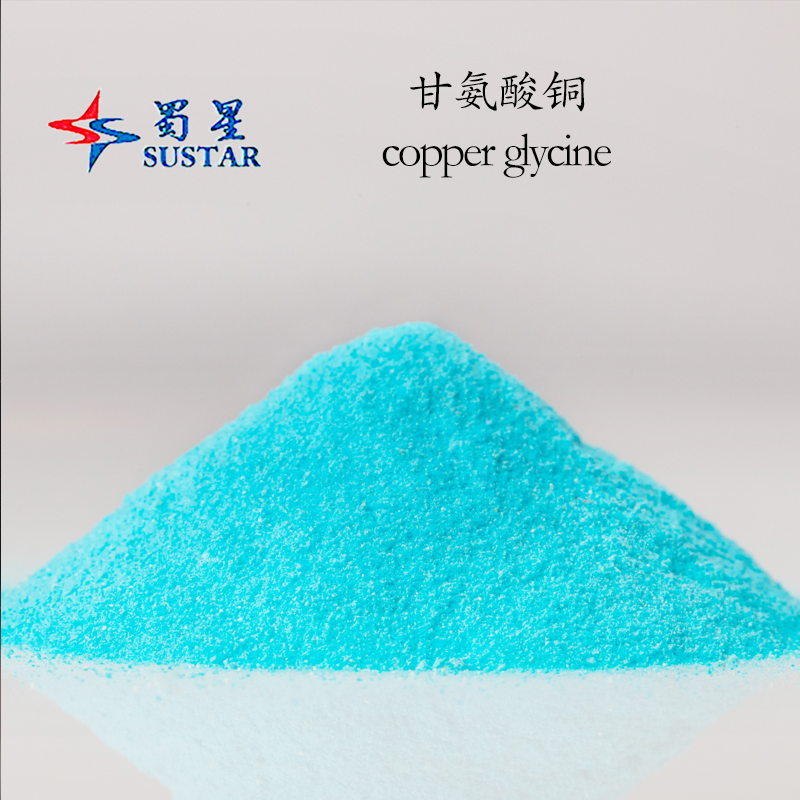Fall shots: Who's most vulnerable to RSV, COVID, and the flu?
Got immunity? Thank your thymus Animal Feeding

Easy ways to shop for healthful, cost-conscious foods
When — and how — should you be screened for colon cancer?
7 organs or glands you may do just fine without
How to help your child get the sleep they need
What color is your tongue? What's healthy, what's not?
Immune boosts or busts? From IV drips and detoxes to superfoods
The new RSV shot for babies: What parents need to know
Dealing with thick, discolored toenails
Q. I'm trying to eat less salt and was thinking about trying a salt substitute. But I know these contain potassium, and I've heard that too much potassium can be dangerous for your heart. What do you recommend?
A. Salt substitutes contain potassium chloride, either alone or mixed with regular salt (sodium chloride). Sometimes called "lite" or low-sodium salt, they are often touted as a way to cut back on sodium, which can contribute to high blood pressure. If you don't mind the aftertaste (some people find it slightly bitter or metallic), the extra potassium these products provide is usually fine. In fact, most people don't get enough of this essential nutrient in their diets. A quarter-teaspoon serving of one potassium chloride salt substitute contains about 800 milligrams (mg) of potassium, or about one-sixth of the daily recommended intake for potassium, which is 4,700 mg. But some people need to be careful about their potassium intake, as I'll explain below.
To continue reading this article, you must log in.
Subscribe to Harvard Health Online for immediate access to health news and information from Harvard Medical School.
I'd like to receive access to Harvard Health Online for only $4.99 a month.
Already a member? Login ».
As a service to our readers, Harvard Health Publishing provides access to our library of archived content. Please note the date of last review or update on all articles.
No content on this site, regardless of date, should ever be used as a substitute for direct medical advice from your doctor or other qualified clinician.
Get the latest in health news delivered to your inbox!
Please enable cookies to submit
© 2023 Harvard Health Publishing® of The President and Fellows of Harvard College
Do not sell my personal information | Privacy Policy and Terms of Use
Thanks for visiting. Don't miss your FREE gift.
The Best Diets for Cognitive Fitness, is yours absolutely FREE when you sign up to receive Health Alerts from Harvard Medical School
Sign up to get tips for living a healthy lifestyle, with ways to fight inflammation and improve cognitive health, plus the latest advances in preventative medicine, diet and exercise, pain relief, blood pressure and cholesterol management, and more.
Health Alerts from Harvard Medical School
Get helpful tips and guidance for everything from fighting inflammation to finding the best diets for weight loss...from exercises to build a stronger core to advice on treating cataracts. PLUS, the latest news on medical advances and breakthroughs from Harvard Medical School experts.
BONUS! Sign up now and get a FREE copy of the Best Diets for Cognitive Fitness
Stay on top of latest health news from Harvard Medical School.

Feed Additives Plus, get a FREE copy of the Best Diets for Cognitive Fitness.